Are you a real history buff and are you looking for the best history museums to visit in Extremadura? These are the ones:
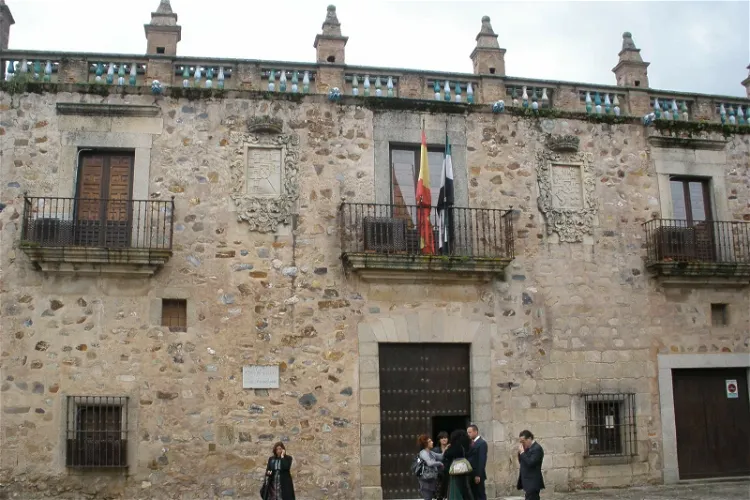
Cáceres Museum
CáceresThe Cáceres Museum is situated in the old town of the city, occupying two historic buildings: the Palace of Veletas and the House of Horses. These buildings themselves are a part of the city's history and their architecture is a testament to the region's past.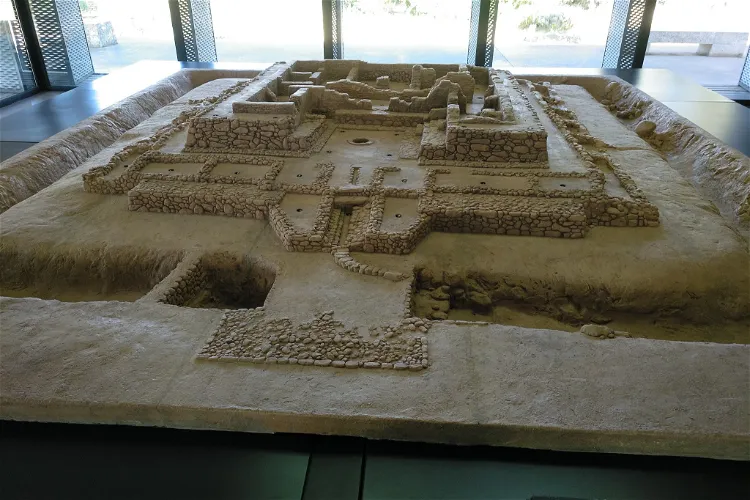
Cancho Roano Interpretation Center
Zalamea de la SerenaCancho Roano is an archaeological site situated in the municipality of Zalamea de la Serena, in the province of Badajoz, Spain. This site is known for being the best preserved Tartessian site, dating back to at least the sixth century BCE. The site is located three miles from Zalamea de la Serena in the direction of Quintana de la Serena Quintana, nestled in a small valley along the stream Cagancha.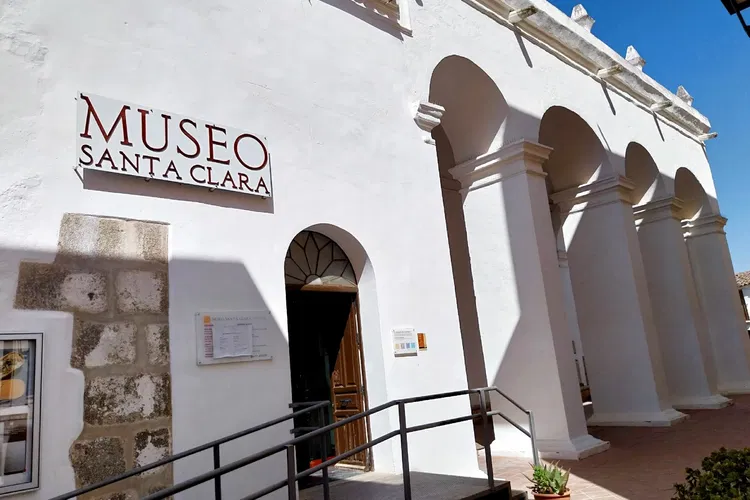
Santa Clara Museum
ZafraThe Santa Clara Museum aims to showcase the spirituality and simplicity of the cloistered life of the Clarissa sisters. It also highlights the patronage of the House of Feria and how the monastery has integrated into the city of Zafra and related to its people to the present day. These three thematic lines (convent, noble patronage, and city) are integrated into a monumental and historical exhibition space.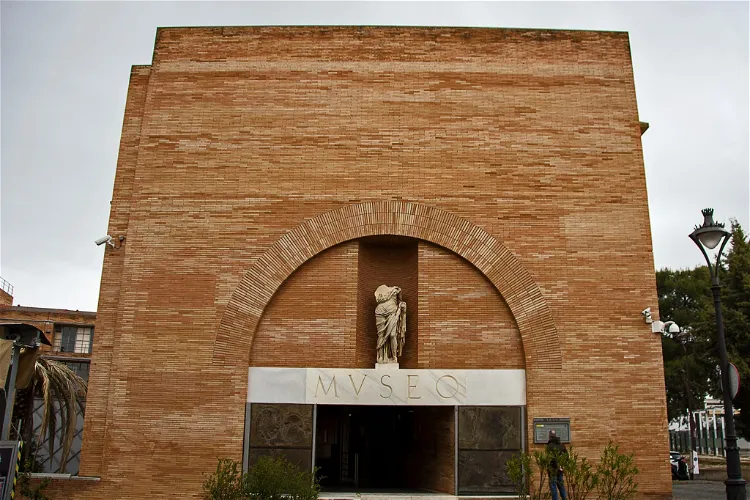
National Museum of Roman Art
MeridaThe National Museum of Roman Art, located in Merida, Spain, is a significant cultural institution that was inaugurated on September 19, 1986. The museum's building, a work of renowned architect Rafael Moneo, is a testament to the rich history and architectural prowess of the Roman era. Visitors to the museum can appreciate the architectural design of the building, which is a modern interpretation of Roman architecture.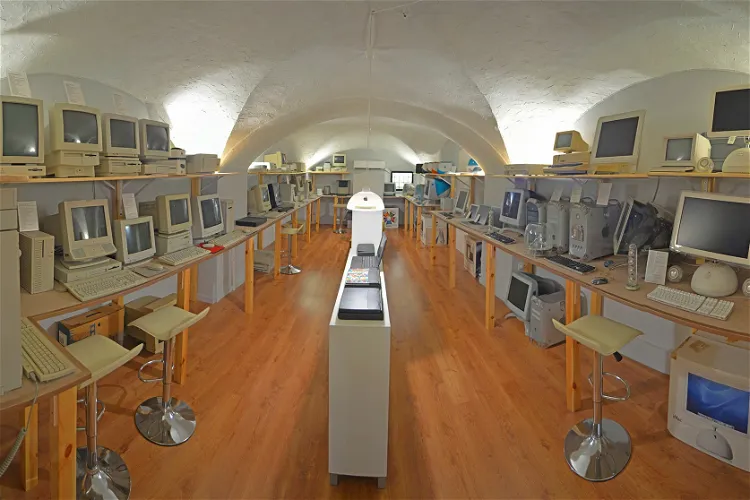
Museo de Historia de la Computación
CáceresThe primary objective of MuseoHC is to document, collect, reference, restore, and exhibit both analog and digital hardware and software. This allows visitors to gain a comprehensive understanding of the origin of the information revolution. This is a key point of interest for tourists who are interested in the history and evolution of computing.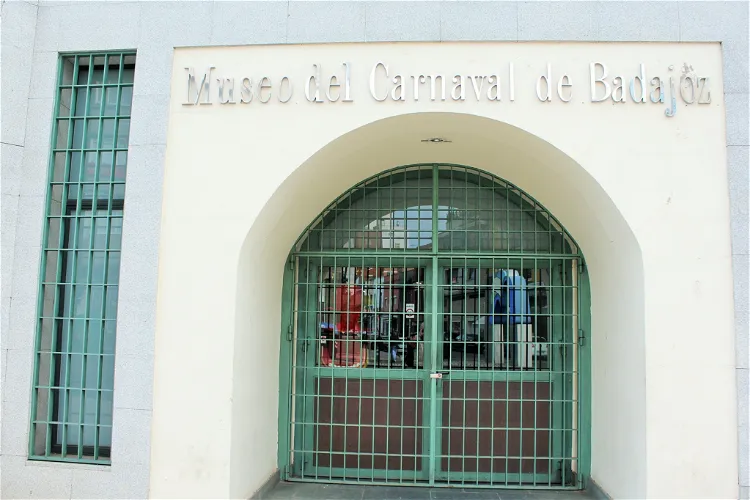
Carnival Museum of Badajoz
BadajozThe Carnival Museum of Badajoz is a dynamic representation of one of the best carnivals in Spain, a festival that has been declared of International Tourist Interest. This recognition highlights the cultural significance and the international appeal of the carnival, making the museum an interesting destination for tourists who are interested in cultural festivals and traditions.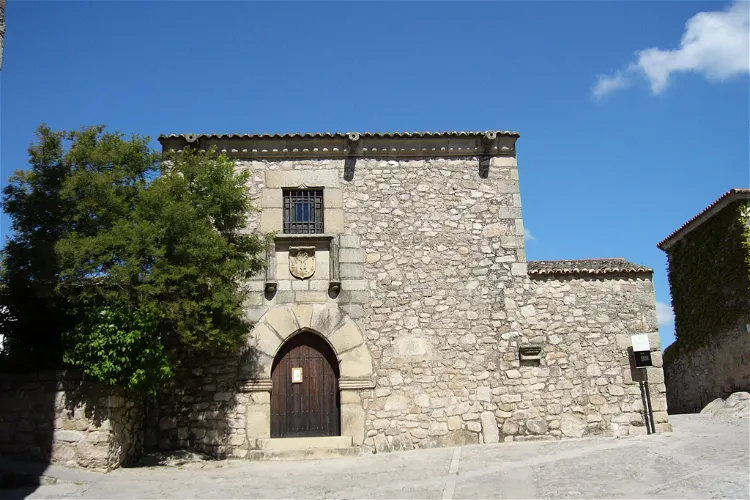
Pizarro House Museum
TrujilloThe Pizarro House Museum is a historical site located in Trujillo, Spain. It is dedicated to the life and achievements of Francisco Pizarro, the famous conqueror of Peru. The museum offers a unique insight into the life of this significant historical figure and his impact on the world.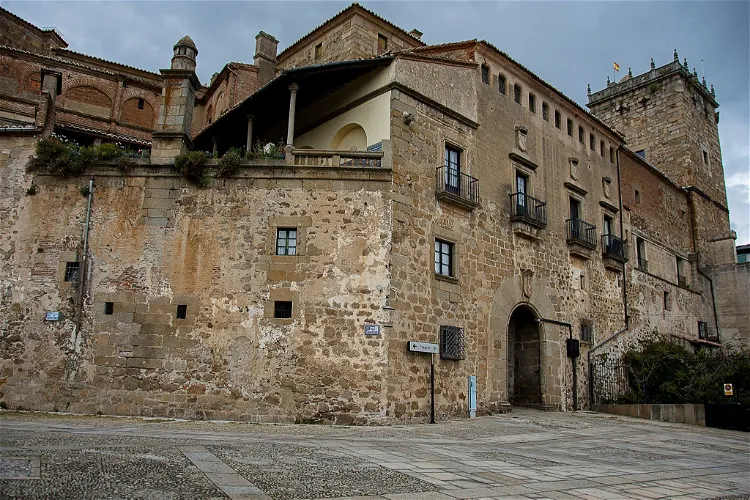
Mirabel Palace
PlasenciaThe Mirabel Palace is a historic building dating back to the 15th century, located in the city of Plasencia, in the autonomous community of Extremadura, Spain. This significant civil building was declared a site of cultural interest in 1977. It was built by Álvaro de Zúñiga and Guzmán and his second wife Leonor Pimentel and Zúñiga, the first Dukes of Plasencia.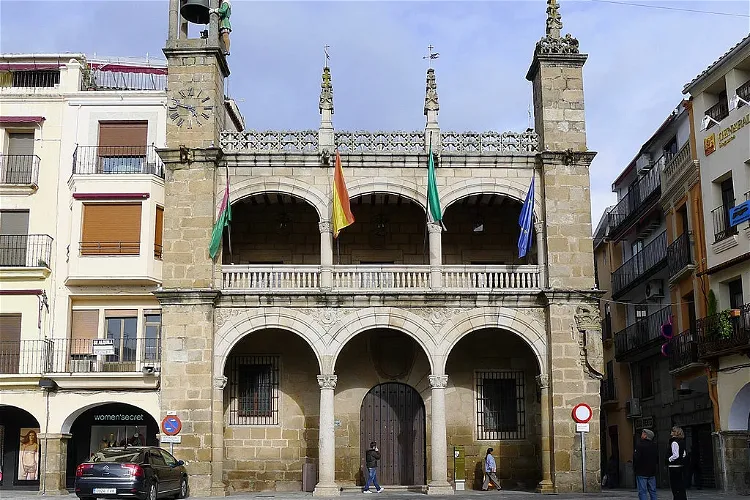
Plasencia City hall
PlasenciaThe Municipal Palace, located in the heart of Plasencia in the Plaza Mayor, serves as the headquarters of the municipality's City Hall. This historic building is a significant landmark in the city and offers a glimpse into the rich history and architectural heritage of Plasencia.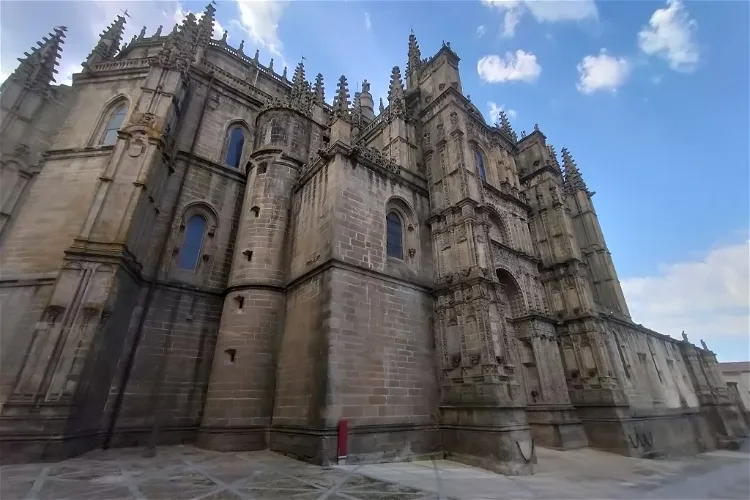
Cathedral of Plasencia
PlasenciaThe Cathedral of Plasencia is a complex structure consisting of two or three parts. The "Old Cathedral" was built in the 13th and 14th centuries and is now used as a museum. The "New Cathedral" was begun in the late 15th century. Additionally, there is a medieval cloister (claustro) with an adjoining chapter house (sala capitular). All parts of the cathedral are made of precisely hewn sandstones, showcasing the architectural prowess of the time.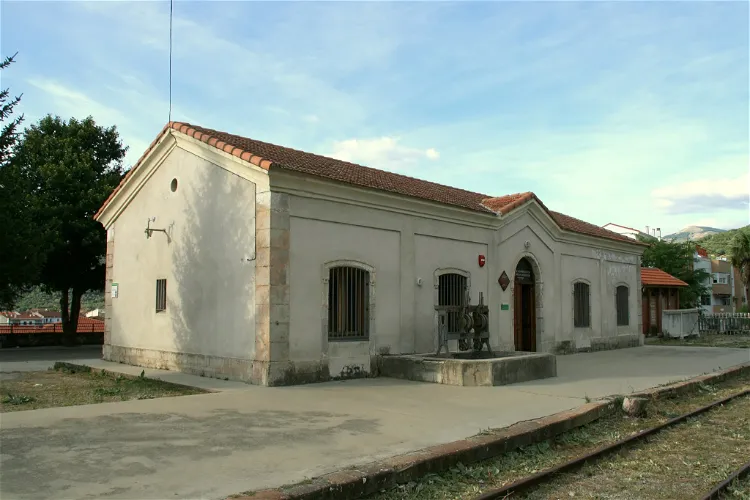
Hervás Train Station
HervásHervás Train Station is a historical site located in the Spanish municipality of Hervás, in the province of Cáceres, autonomous community of Extremadura. Although it is no longer in operation, it stands as a testament to the region's rich railway history.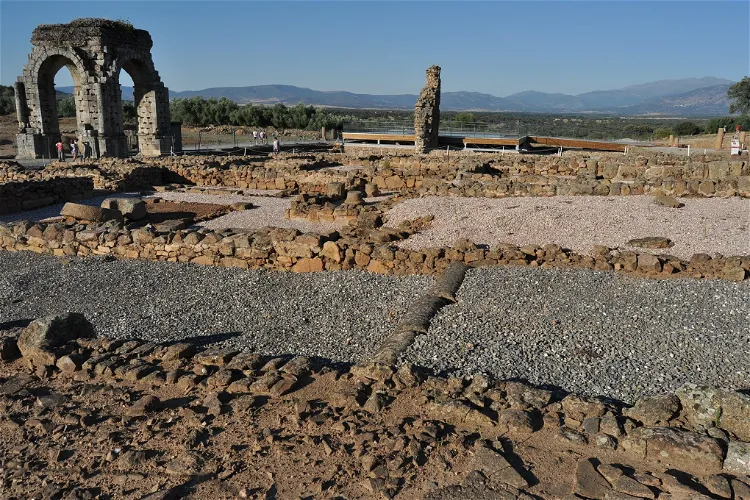
Ciudad Romana de Cáparra
Oliva de Plasencia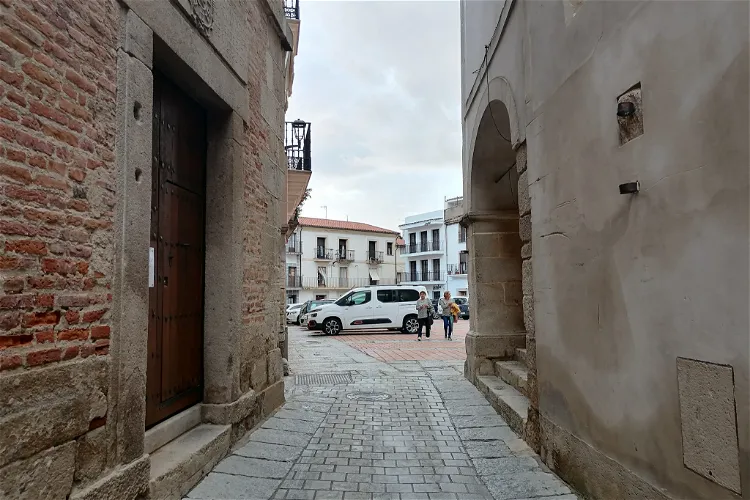
Royal Prison Museum
CoriaThe Royal Prison Museum is situated in the charming Spanish town of Coria, nestled in the province of Cáceres. This location offers visitors a unique blend of history and culture, as they explore the museum housed in a former prison.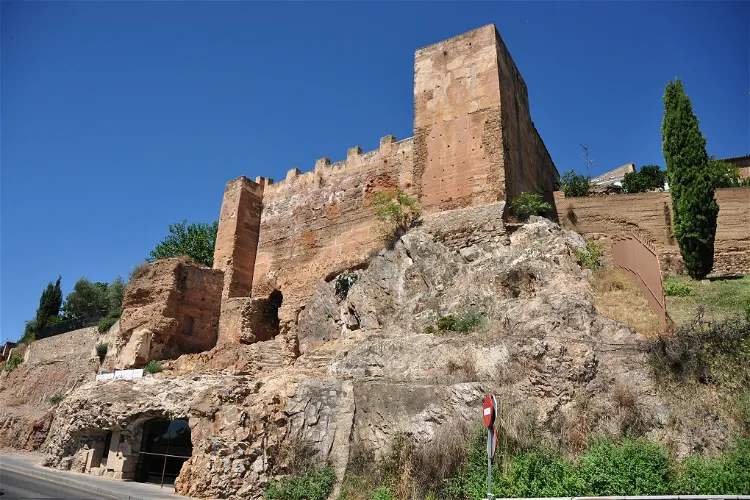
Baluarte de los Pozos
Cáceres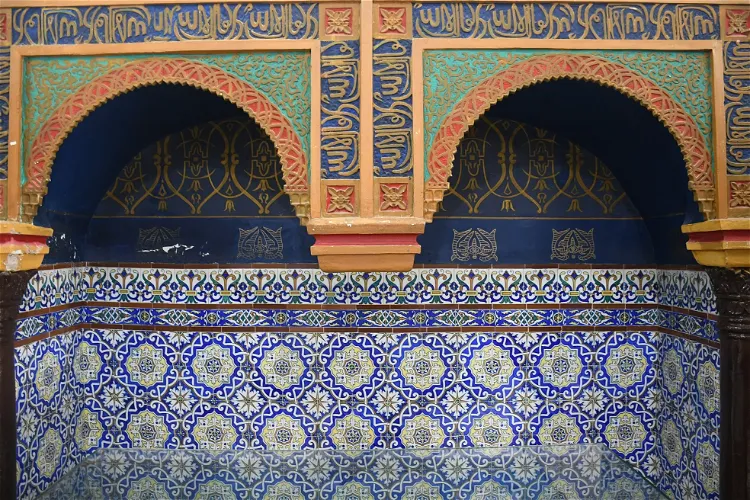
Casa Museo Árabe Yusuf Al Burch
Cáceres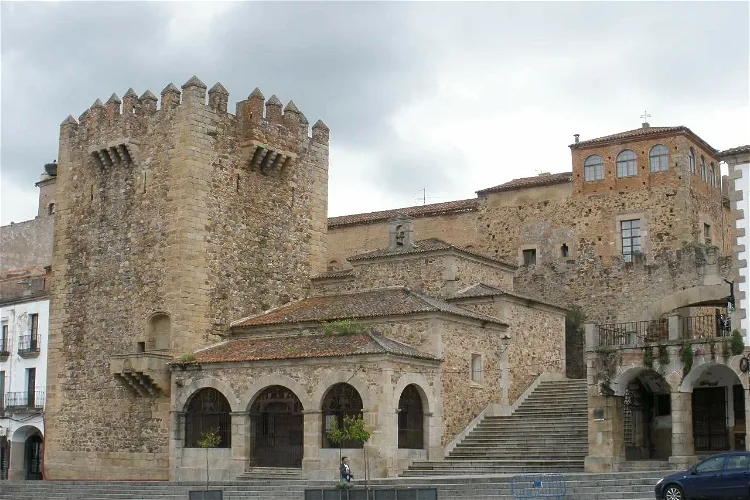
Bujaco Tower
CáceresBujaco Tower, a prominent emblem of Cáceres, is situated in the main square and serves as a protective structure for the northwest flank of the monumental city. This tower is a significant landmark and a key part of the city's historical and architectural heritage. Its strategic location offers a unique perspective of the city, making it a point of interest for tourists.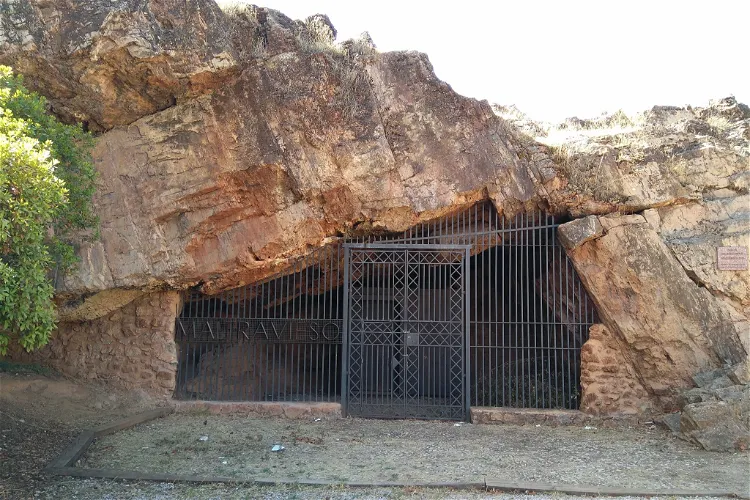
Cave of Maltravieso
CáceresThe Cave of Maltravieso is home to a significant collection of cave art. This includes a total of 71 hand stencils, which were enumerated in the 1990s using ultraviolet photography. In addition to these hand stencils, the cave also features linear designs and some animal paintings, offering a rich visual experience for visitors.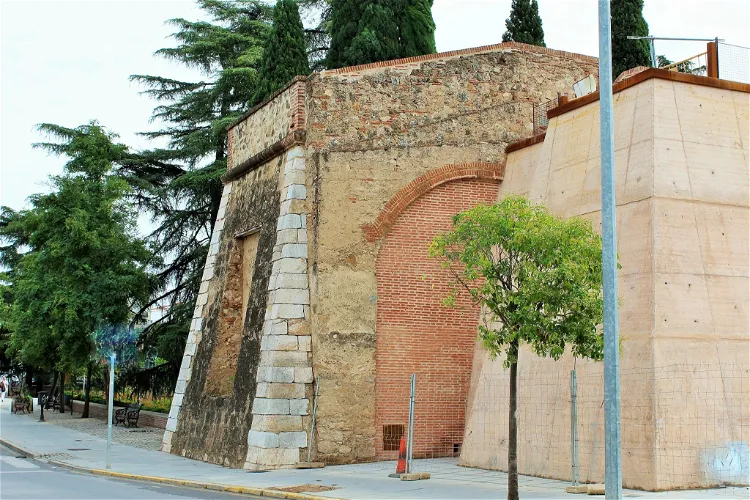
Galería de Fusileros
Badajoz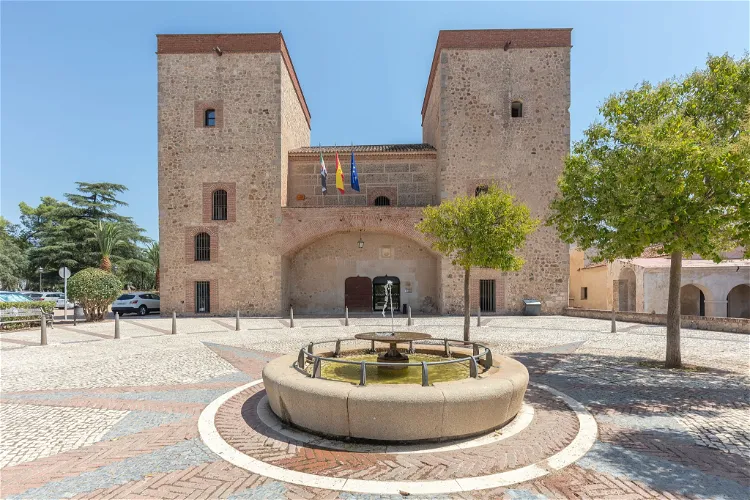
Archaeological Museum of Badajoz
BadajozThe Archaeological Museum of Badajoz is housed in a building of historical and architectural significance. It is located within the precinct of the Islamic Alcazaba, which is the highest point in Badajoz. This location not only provides a unique setting for the museum but also adds to the historical richness of the exhibits.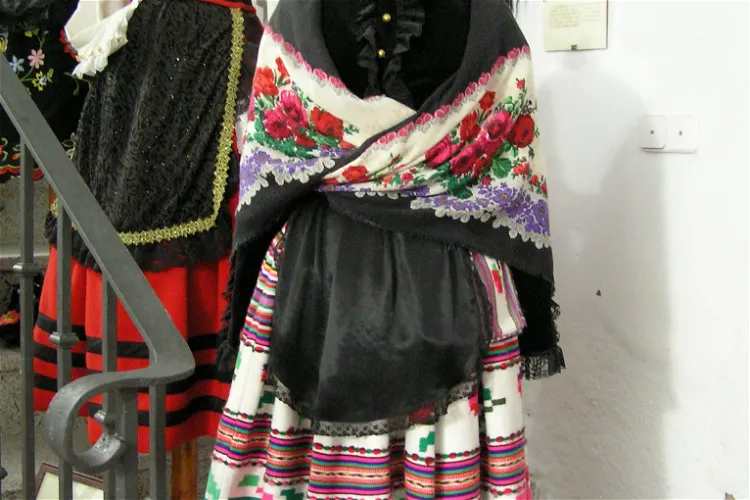
Costume Museum Enrique Elías
Trujillo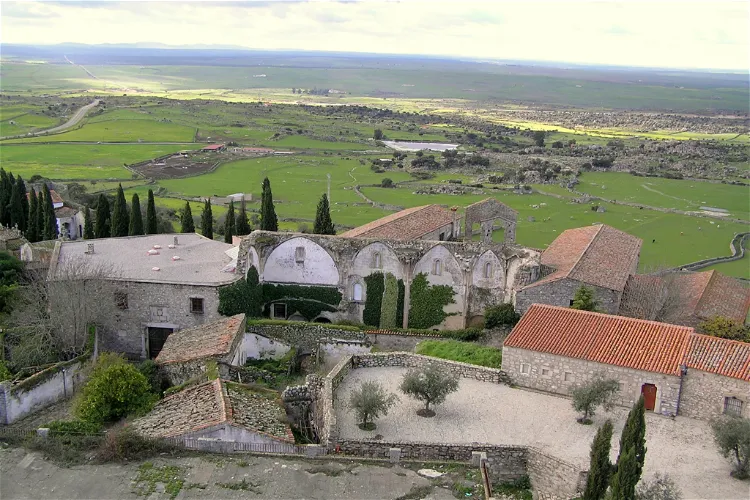
Coria Gate
Trujillo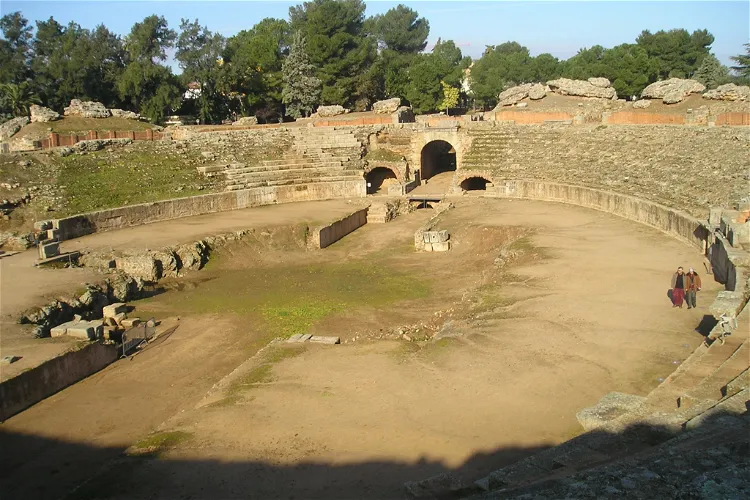
Roman Circus Interpretation Center
MeridaThe Roman Circus of Mérida holds a significant place in history as it is believed to be the first of its kind built in Roman Spain. Constructed around 20 AD during the reign of Roman Emperor Tiberius, this ancient structure offers a glimpse into the grandeur of Roman architecture and the cultural practices of the time.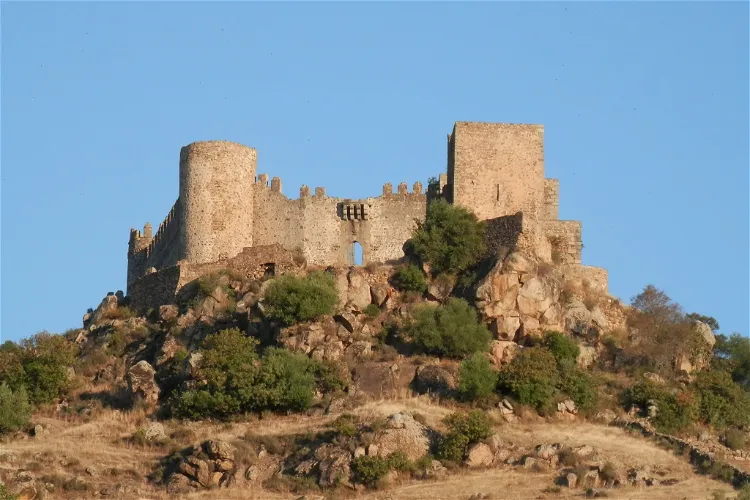
Castle of Burguillos del Cerro
Burguillos del CerroThe Castle of Burguillos del Cerro is situated on a rocky hill, providing a panoramic view of the town of Burguillos del Cerro. This location is in the region of Zafra-Río Bodión, which is in the southern part of the province of Badajoz, Extremadura, Spain. The castle's elevated position not only offers a strategic advantage but also a breathtaking view of the surrounding landscape.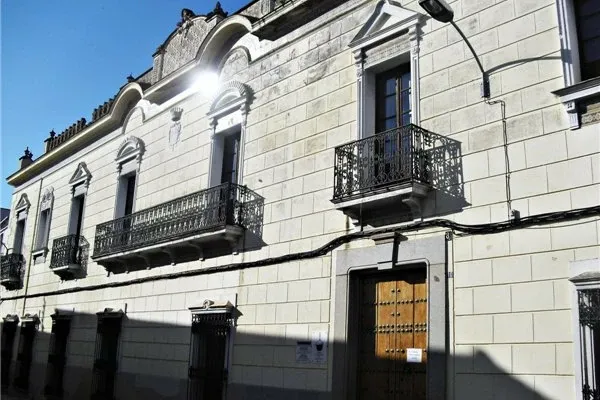
Museo Etnográfico de Don Benito
Don Benito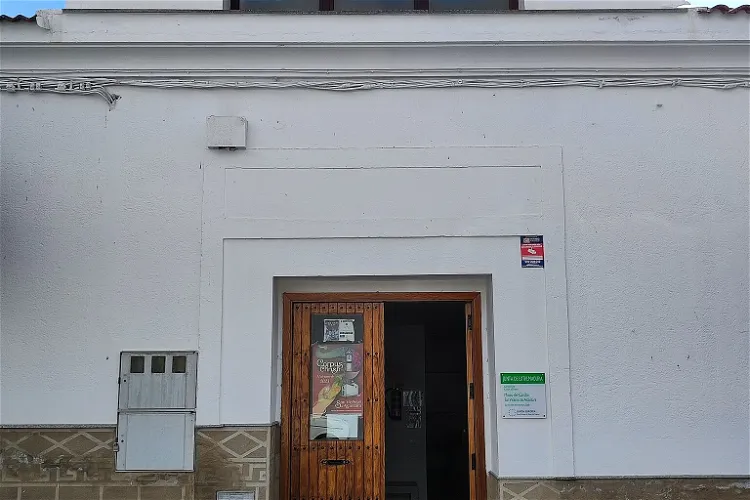
Cork Museum
San Vicente de Alcántara
Centro de interpretación de la Mina Pastora
Aliseda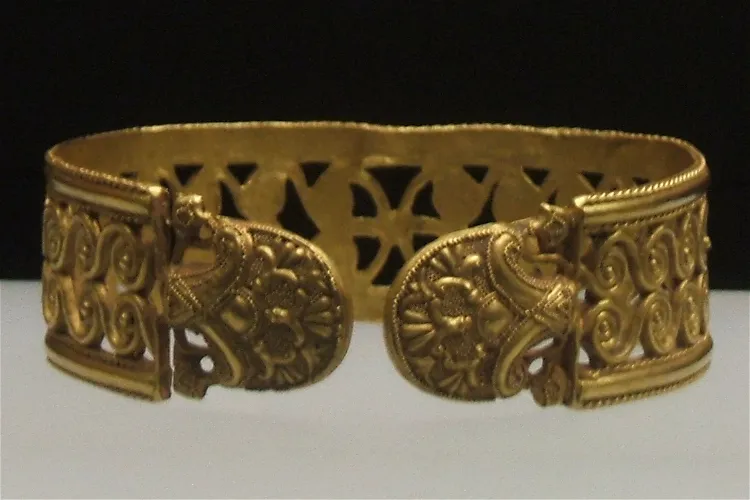
Centro de Interpretacion del Tesoro de Aliseda
AlisedaThe Aliseda Treasure, discovered in an ancient Tartessian funerary deposit in Aliseda, Cáceres, is a significant part of the museum's collection. Predominantly made of gold, the treasure showcases the intricate filigree and low relief techniques that were prevalent during the time. The treasure was found in February 1920 and has been a property of the Spanish state since September 1920, housed in the National Archaeological Museum of Spain.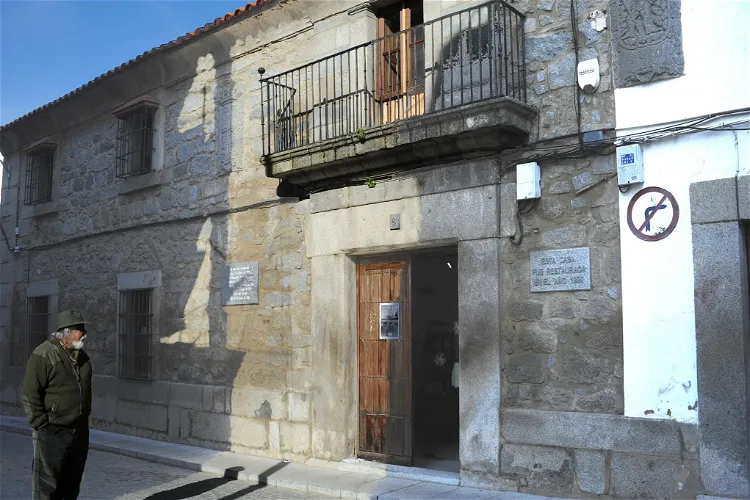
Museo del Granito
Quintana de la SerenaThe Museo del Granito in Quintana de la Serena, Extremadura, Spain, offers an insightful exhibition about the geology of granite. Visitors can learn about the extraction, transformation, and various uses of this versatile stone. The museum also displays both ancient and modern tools used by quarry workers, as well as a representative sample of regional and national granites.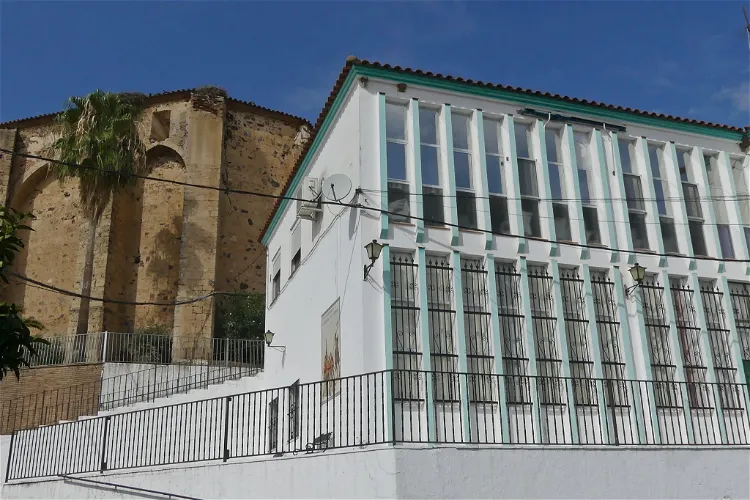
Centro de Interpretación de la Batalla de La Albuera
La Albuera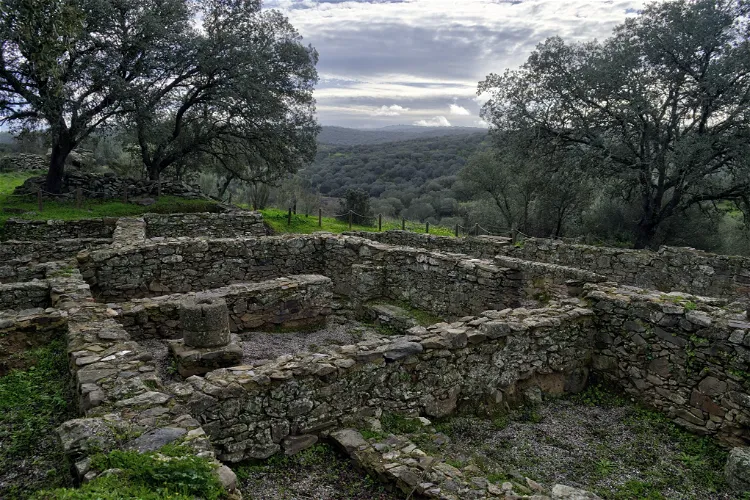
Castrejon of Capote
Higuera la Real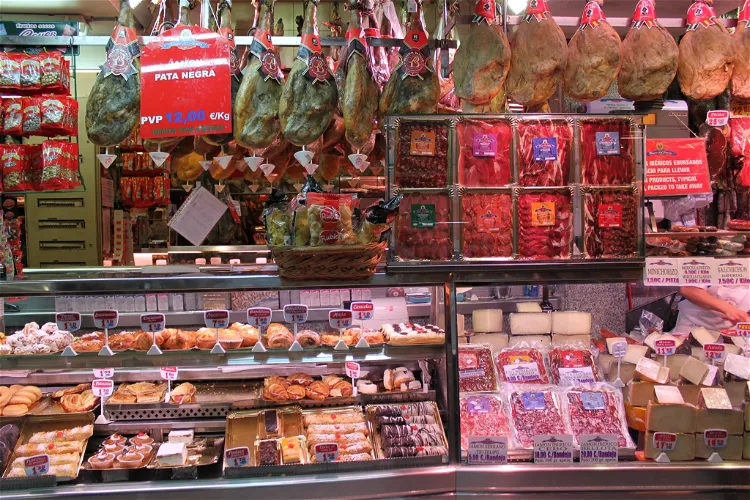
Ham Museum of Monesterio
Monesterio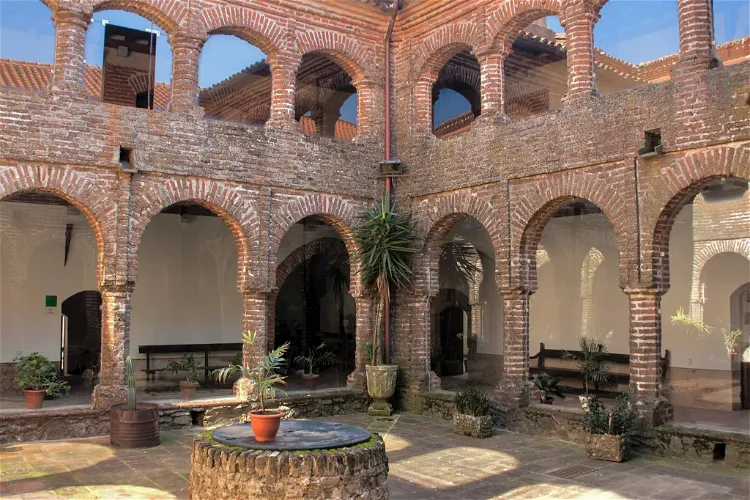
Tentudía Monastery
MonesterioThe Tentudía Monastery, a fortified church, is located in the Spanish town of Calera de León, in the province of Badajoz. It is situated in the Sierra de Tentudía, at the highest point of the province, 1104 m above sea level. This location offers visitors a unique opportunity to enjoy panoramic views of the surrounding landscape.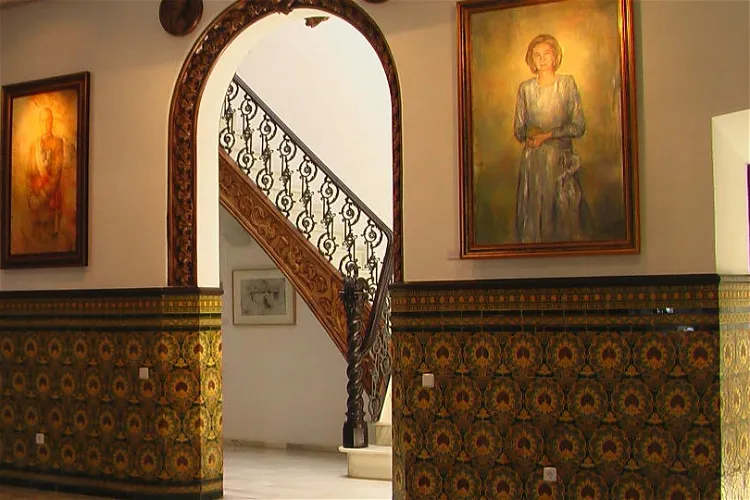
Museo Etnográfico de Azuaga
Azuaga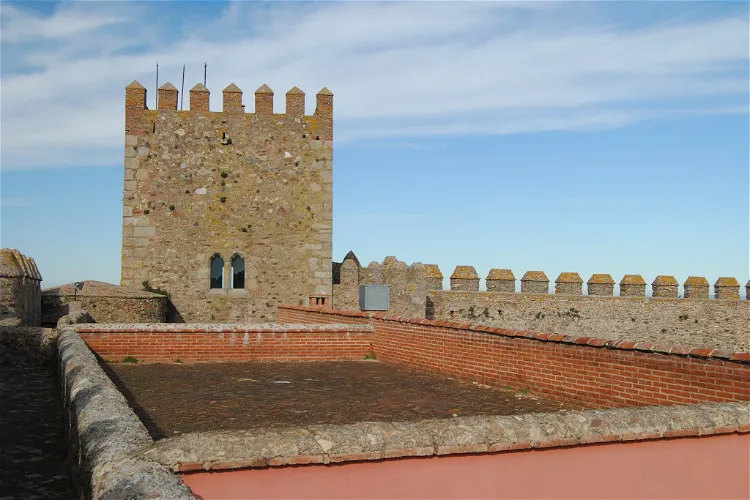
Castillo de Segura de León
Segura de León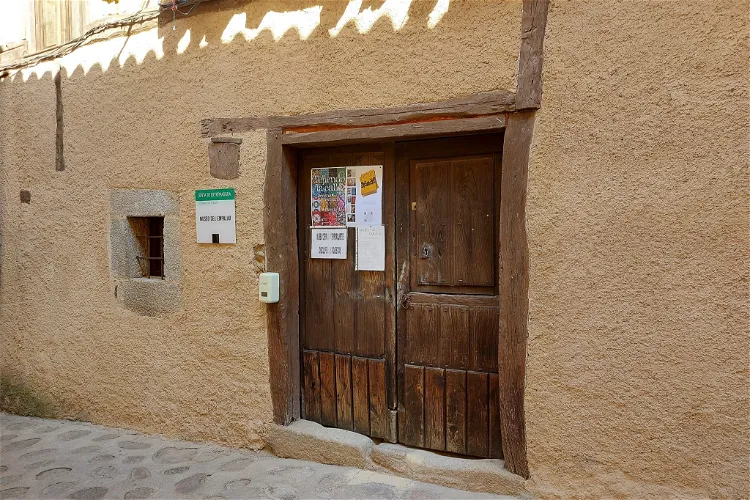
Museo del Empalao
Valverde de la Vera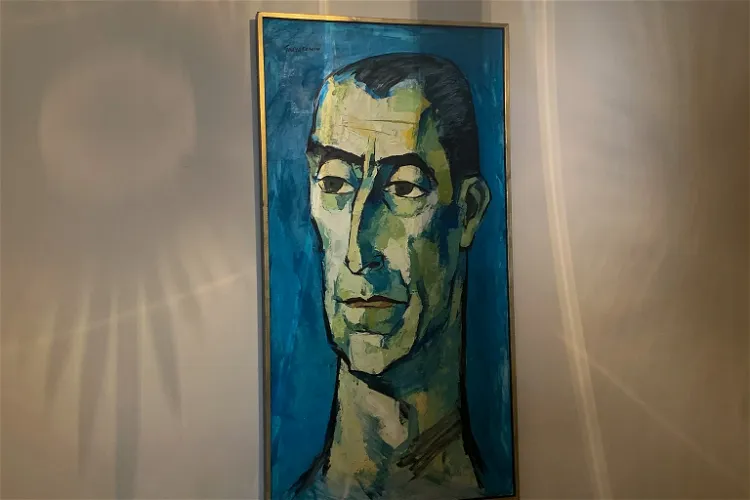
Guayasamín House-Museum
CáceresThe Guayasamín House-Museum is situated in the Spanish city of Cáceres. This location is significant as it was the first European museum dedicated solely to the painter Guayasamín and pre-Columbian art. It's a place where visitors can immerse themselves in the rich history and culture of Latin American art.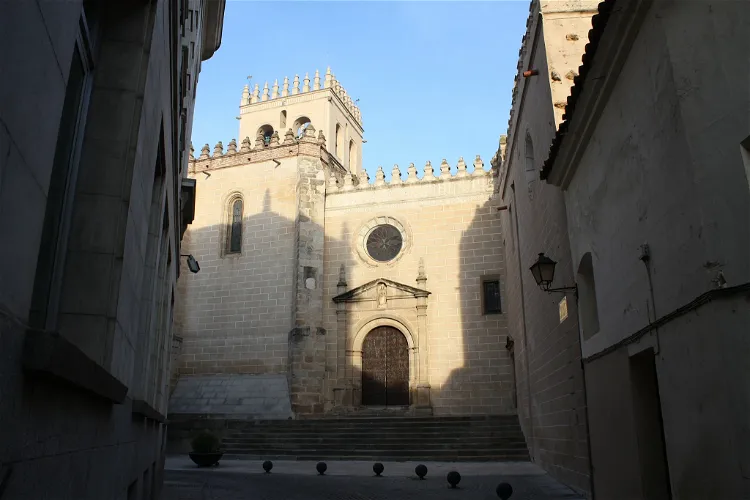
Cathedral Museum
BadajozThe Cathedral Museum of Badajoz is an integral part of the Metropolitan Cathedral of San Juan Bautista de Badajoz. Located in the city of Badajoz, Spain, the museum is a significant part of the cathedral's structure, offering visitors a unique opportunity to explore both the religious and historical aspects of the region.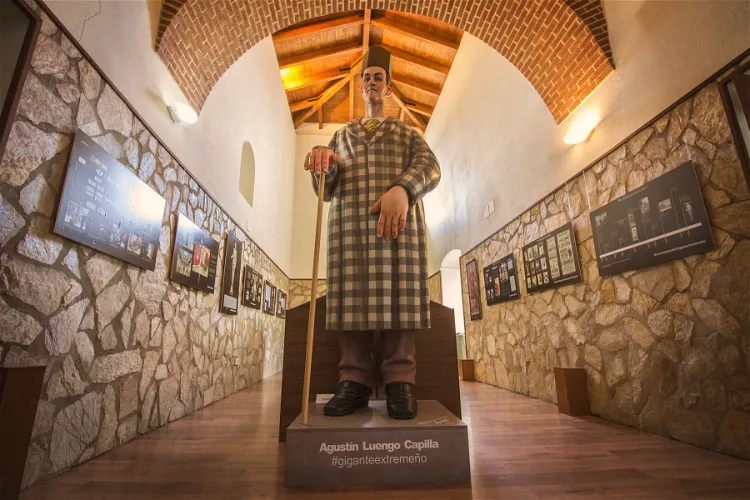
Museo del Gigante Extremeño
Puebla de Alcocer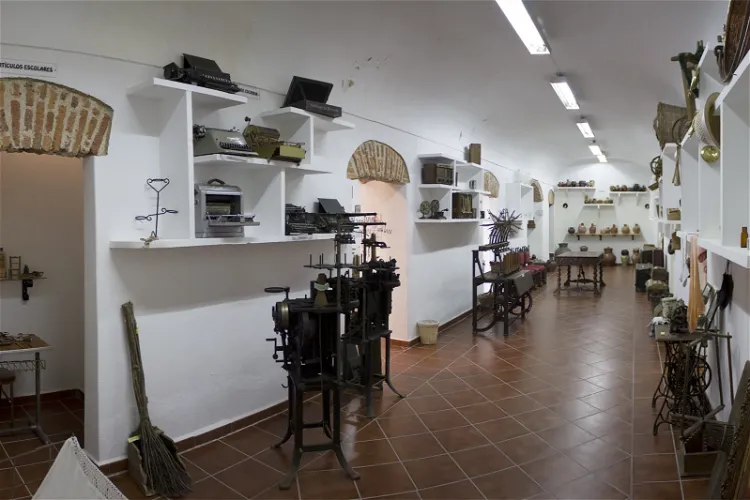
Museo Etnográfico
Puebla de Alcocer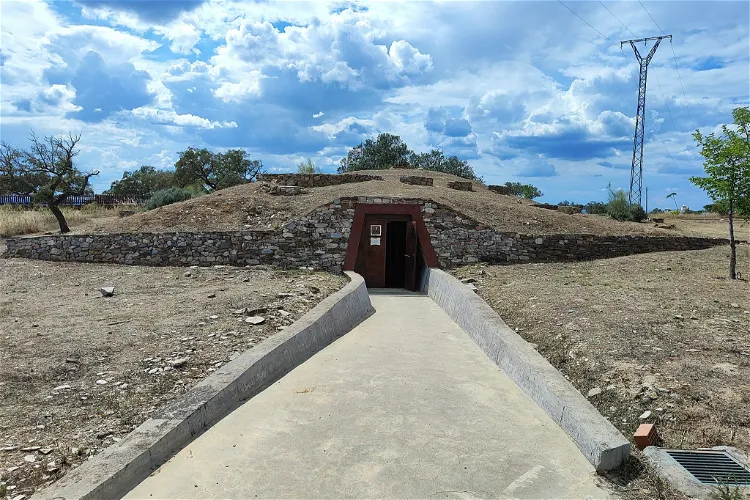
Centro de Interpretación de la Cultura Dolménica
Santiago de Alcántara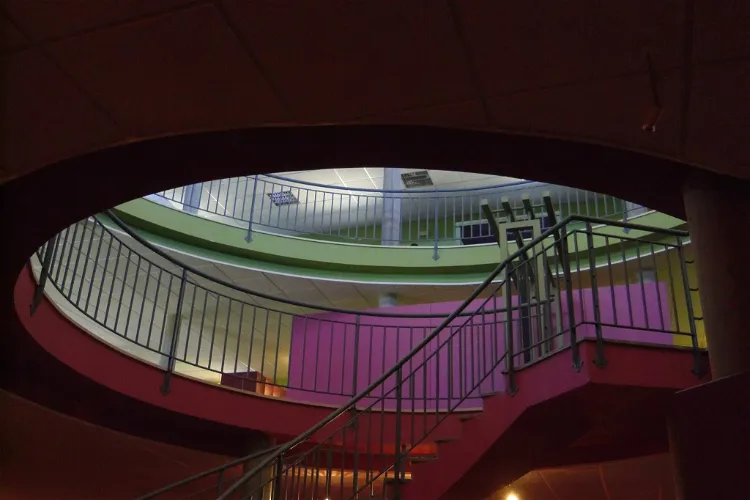
Museo del Aceite
Monterrubio de la Serena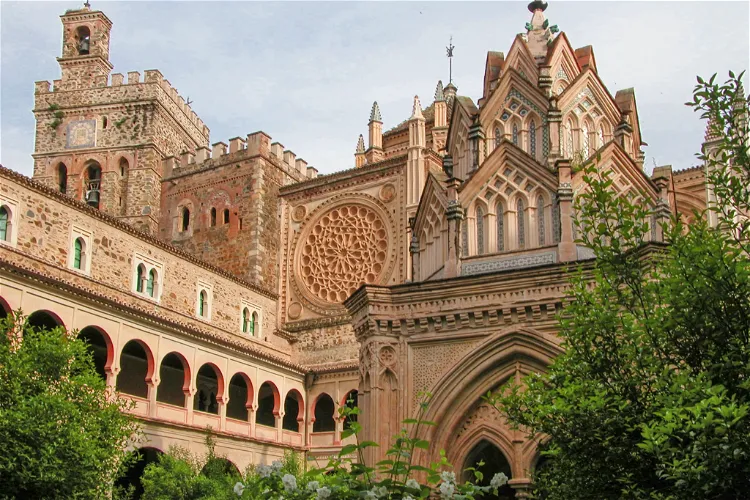
Royal Monastery of Santa María de Guadalupe
GuadalupeDiocesan museum unfolding the vast historical treasures of the Guadalupe monastery ranging from liturgical robes to the manuscripts.- 43
Paprika Museum
Jaraíz de la VeraThe Paprika Museum in Jaraíz de la Vera, Spain, is a member of the Network of Identity Museums of Extremadura. The museum's primary goal is to spread awareness about the 'red gold' that is produced in the Vera region, located in the province of Cáceres. Visitors can learn about the production process, the formation of the Paprika of Vera's Denomination of Origin, and the tools used to grind the peppers and obtain the precious spice. - 44
Pérez Enciso Ethnographic and Textile Museum
Plasencia - 45
Center for Dissemination of Holy Week Cacereña
Cáceres - 46
Centro de Interpretación del Campamento Romano Cáceres
Cáceres - 47
Popular Architecture Interpretation Center
Burguillos del Cerro - 48
Museo de la Casa Labriega de La Serena
Valle de la Serena - 49
Museo de los Escobazos
Jarandilla de la Vera